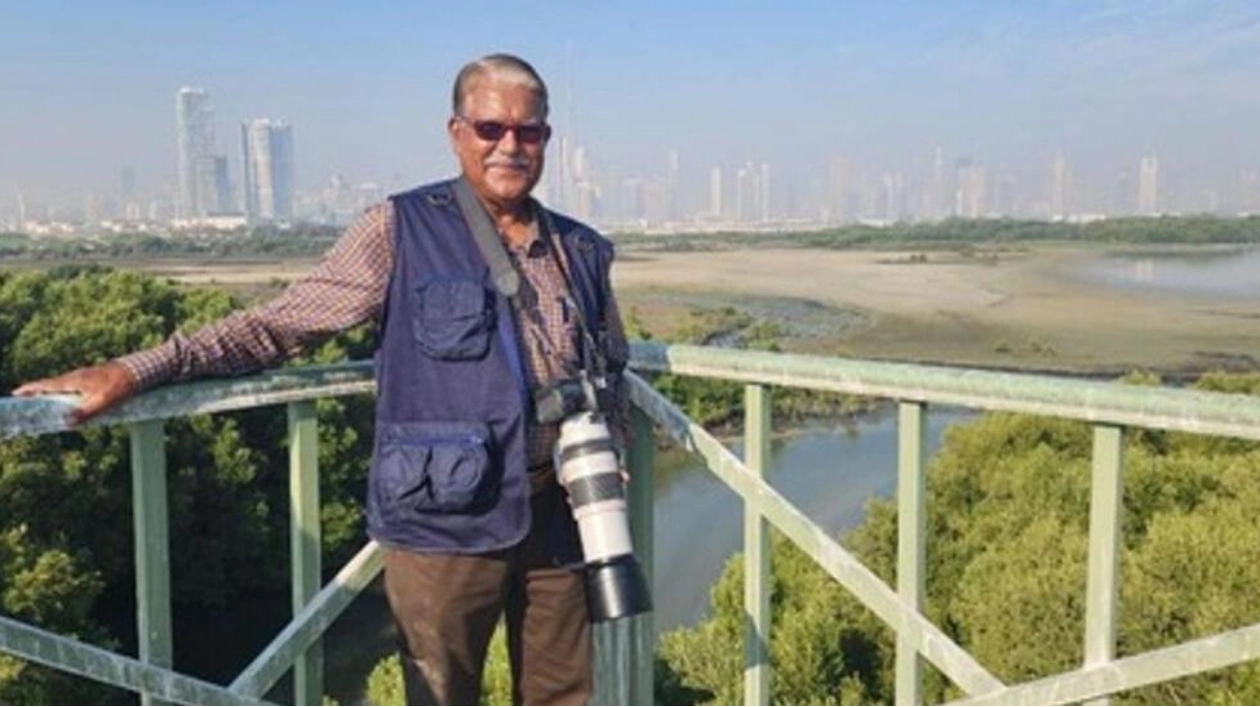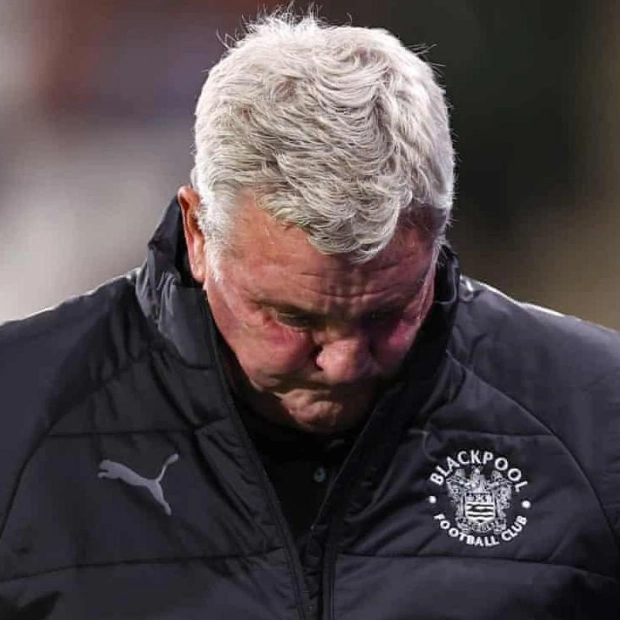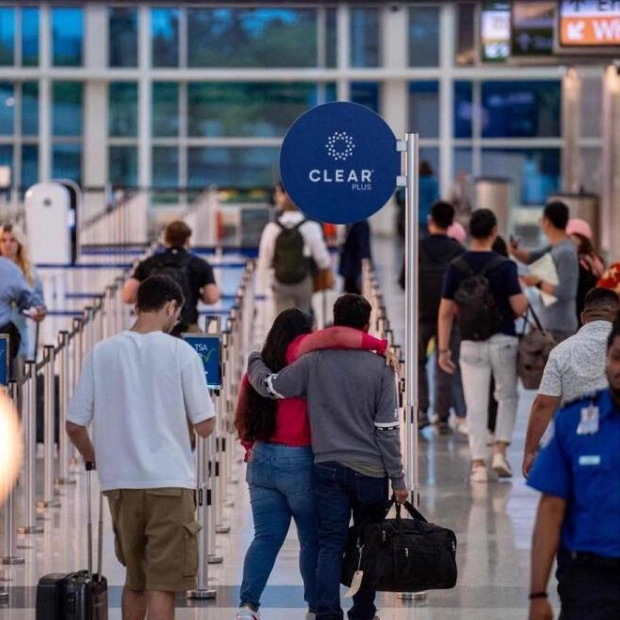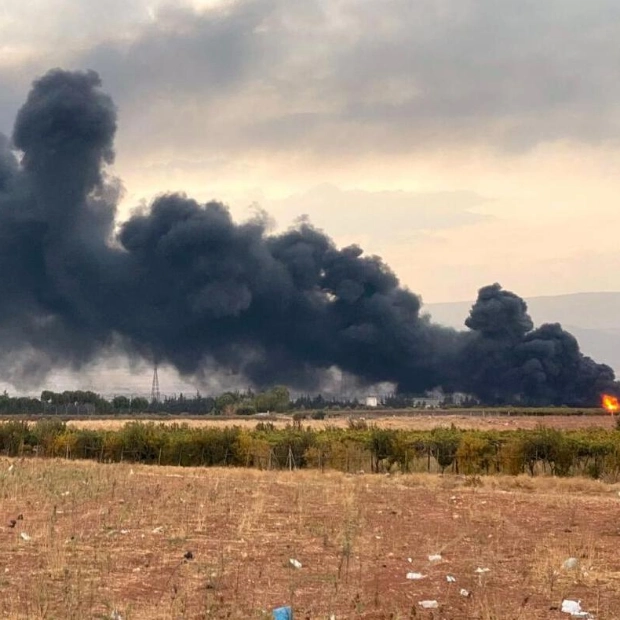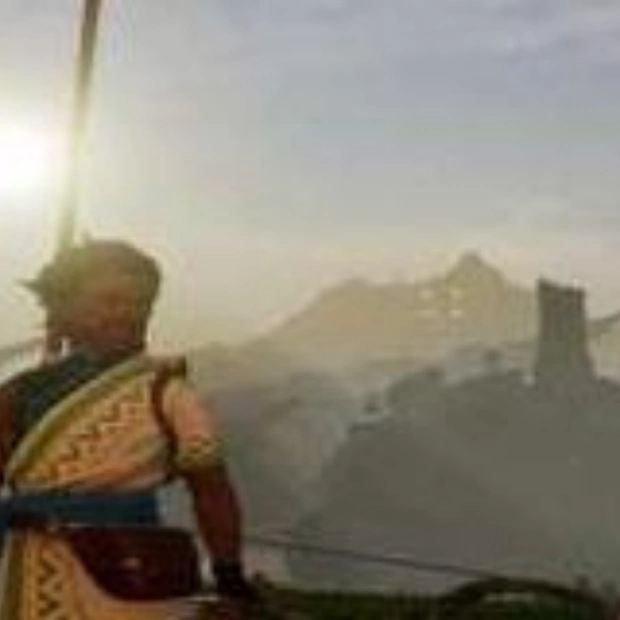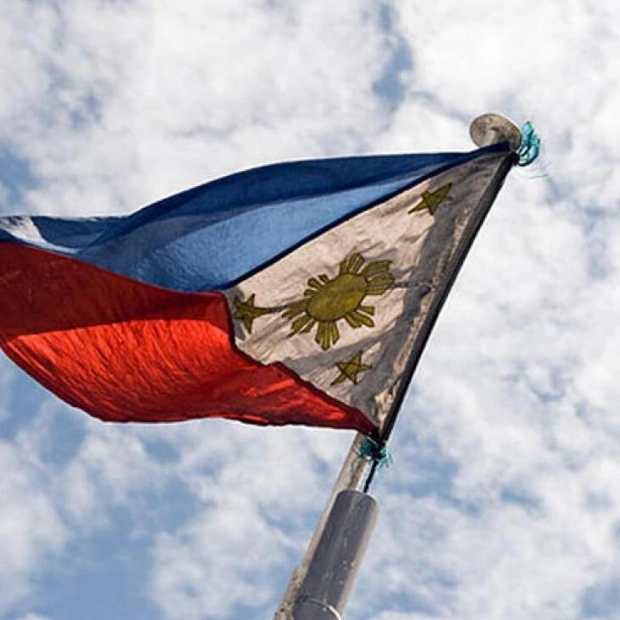Dubai's cherished wildlife expert, Dr. Reza Khan, has retired from Dubai Municipality, bringing an end to a distinguished 35-year career that solidified his reputation as one of the UAE's most esteemed figures in wildlife conservation. His retirement, which took place last week, marks the conclusion of a career filled with authored books, conservation initiatives, and numerous memorable anecdotes from his tenure at the Dubai Zoo in Jumeirah.
At 78 years old, Dr. Khan officially retired in 2019 but was granted an extension as the principal wildlife conservationist at Dubai's Al Marmoom Desert Conservation Reserve, also known as Al Qudra Lake. For decades, he has been the go-to expert for wildlife enthusiasts, residents, journalists, and government officials seeking advice on identifying wildlife across the UAE. His extensive knowledge covers a wide range of species, many of which he was the first to document in the region. “I’ve always believed that nature has a story to tell if you’re willing to listen,” Dr. Khan reflected on his work.
Dr. Khan is renowned for being the first to document sightings of rare wildlife species in the UAE and has authored several books, including one on Dubai Zoo and a pictorial guide to the birds of the Emirates. His works are enriched with photographs he captured himself, often using his trusted DSLR camera and a substantial 500mm lens.
Dr. Khan's journey began in 1983 at Al Ain Zoo, where he joined as the curator of birds and primates. Originally from Bangladesh, he was an assistant professor of zoology at Dhaka University when he moved to the UAE. Frustrated after being passed over for a promotion, he left his homeland and landed in Abu Dhabi just one day before his work permit was set to expire. Renowned ornithologist Dr. Salim Ali, who had visited Abu Dhabi in the early 1980s, recommended him for the position, and Al Ain Zoo chose Dr. Khan from a shortlist of three candidates.
In June 1989, Dr. Khan took the helm at Dubai Zoo, succeeding its founder, Austrian engineer Otto J. Bullart, who had transitioned to Al Ain Zoo. He resided in a six-bedroom villa within the zoo's grounds, mirroring his living arrangements at Al Ain. Mr. Bullart, deeply passionate about wildlife, was personally selected by Sheikh Rashid bin Saeed Al Maktoum to oversee the zoo until it was taken over by Dubai Municipality in 1971. Situated on a two-hectare plot in Jumeirah, the zoo opened its doors in 1967, establishing itself as one of Dubai's iconic institutions before closing in November 2017.
Dr. Khan also recounted the challenges he faced in his role. “Every day, we received supplies of chicken, fruits, and finger buns for the animals. The animal keepers claimed first dibs on these items, and it was hard to blame them since there were no food options for miles. To address this, I arranged for a canteen for the keepers and persuaded Dubai Municipality to ban the finger buns, explaining they were meant for human consumption, not animals,” he chuckled. The job description he crafted for the animal keepers, who were initially referred to as labourers, remains in use today.
Dr. Khan said although he has retired, he has no plans to hang up his boots or settle down at home just yet. “I have a deep passion for documenting nature, and that will always be a part of me,” he said. “Dubai is my home, and it’s where my children and six grandchildren are, so I’ll continue to explore and share the wonders of the natural world for as long as I can.”
